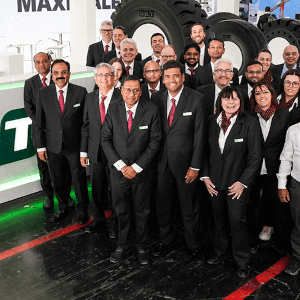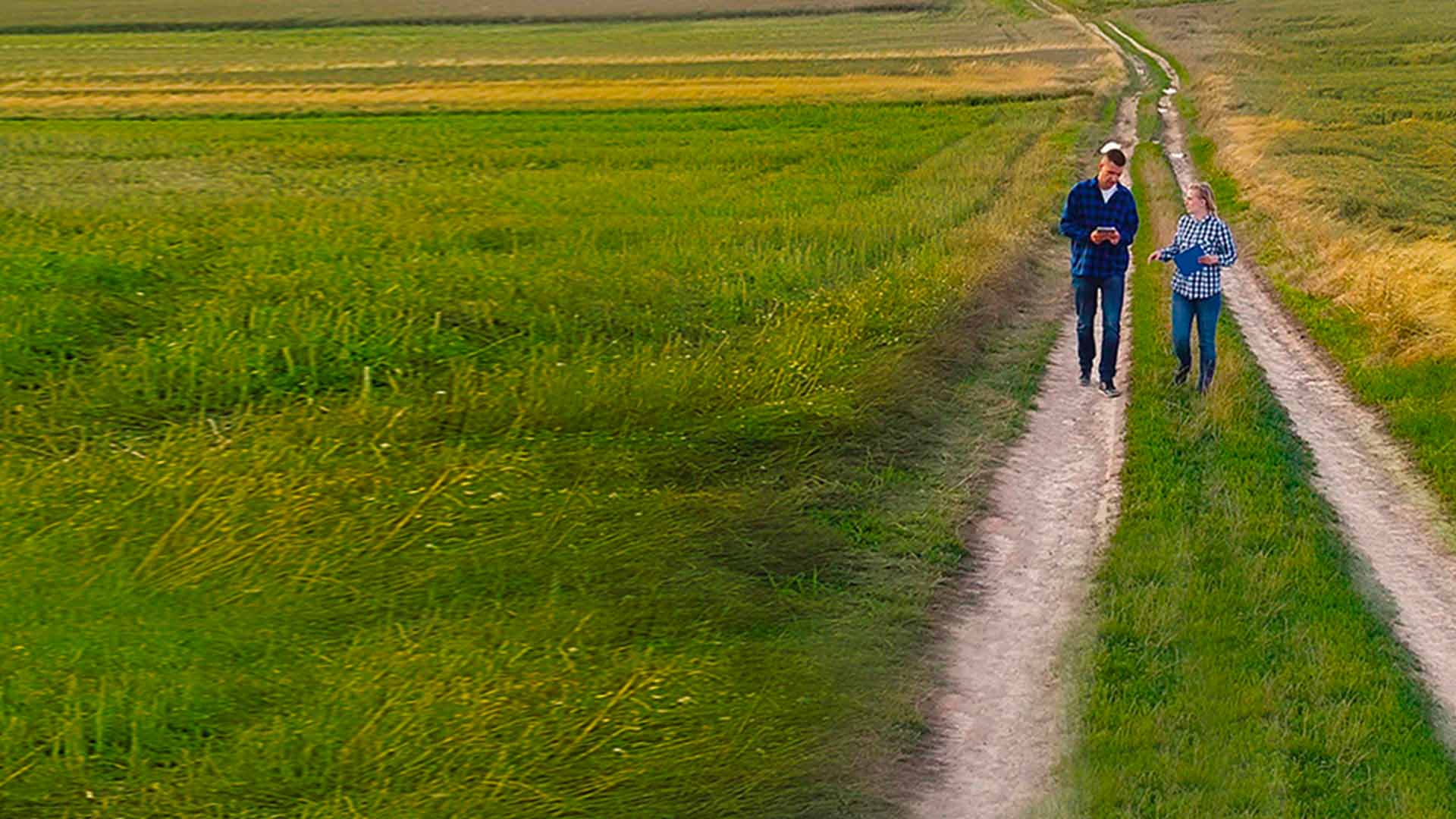Farming has always traditionally been a family business: it is a tale as old as time. But how have the times changed? Join us for our latest episode of Global Trends, as we explore the future of farming - and how to best execute the iconic handover to younger generations.
In the third episode of Global Trends, we dive into the agricultural future, by studying and analyzing the handover between generations in the agricultural sector.
Not a secret. The agricultural sector faces an important generation shift. In the next 15 years, around one third of the current farmers will have retired. Simultaneously, fewer and fewer younger people express interest in an agricultural career.
Preparing for a generation shift
Who will in fact grow our food in the future? How will the features farmers change? These are some of the questions we discussed in the third episode of the talk show Global Trends, BKT Network’s new format dedicated to the macro trends of the agricultural sector.
In this episode, BKT invited world leading experts to discuss how the sector can prepare for the coming generation shift, and how we can remove some of the many barriers that prevent a new, young generation from becoming farmers.
Tools to build the future
Any farmers who have built up a farm or a farming division from scratch know that it is costly. Machinery, agricultural tires, equipment – the tools necessary for running a farm are numerous, and they can be expensive.
Diana Lenzi, President of the CEJA (Council for European Young Farmers), joined Global Trends to explain how a generation shift is one of the prerequisites for improving the competitiveness of the agricultural sector in the long term. She points to the start-up phase as especially challenging:
- It is important to offer the new generations the right training and the necessary tools to help them build a future in the sector by starting a sustainable business. Above all, it is essential to support young farmers in the start-up phase where the costs are higher.
The future of digital farming
Who will the farmers of the future be? Certainly they will have a deep understanding of technology, as the future farming will be a digital process to a larger degree.
Joining in from the U.S. in this episode of Global Trends is Scott Downey, Professor at Purdue University and Director of the Center for Food and Agricultural Business. He argues that technological skills will become a prerequisite for working in agriculture.
- In the coming years, the analysis and use of data will become increasingly central in agricultural businesses, determining the decision-making processes not only of large companies but also of smaller companies. The digital and technological transformation does not simply involve the category of farmers, but the entire supply chain of the sector, including suppliers.
Passion unites generations
Witness of this technology shift is Giorgia Scaglia, Communication Specialist at the Scaglia Farm, located in Northern Italy and managed by her family.
- Do I see a difference between our generation and that of my dad? I absolutely do. Thanks to our studies we have had the opportunity to examine and understand the importance of new technologies and production methods, bringing new approaches to the company and implementing so-called 'AgTech'. There are numerous differences between the various generations working in the sector. But one thing unites us: the passion and love for the land and for what we do.
Want to know more about how to attract a new, young generation of farmers?
Watch the episode here!






